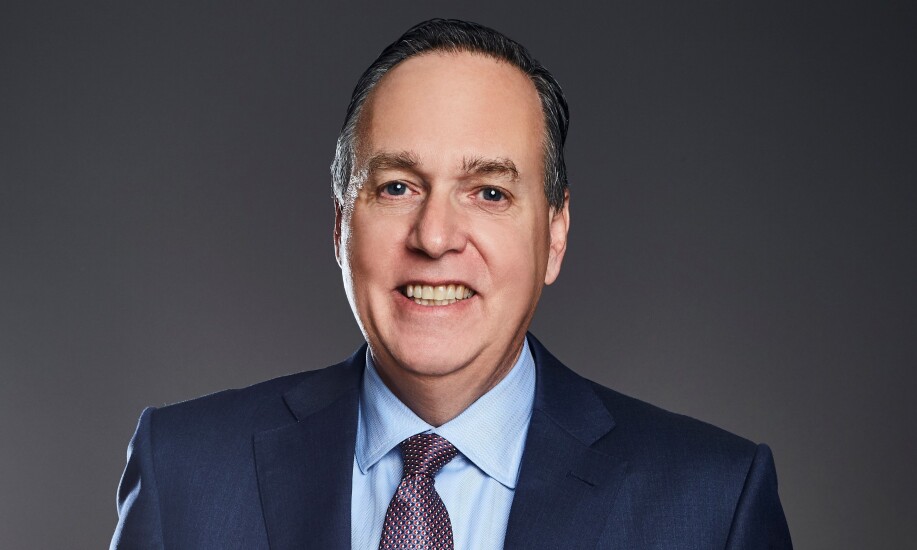Want unlimited access to top ideas and insights?
Payment processing firms recognize the need to constantly take on new opportunities as well as adapt to unexpected challenges, from Mastercard partnering with banks and other third parties in new open-banking relationships to PayPal stepping into the cryptocurrency payments market by launching its own stablecoin.
Read our roundup for more stories on how some of the payments industry's biggest players are navigating the current landscape.










